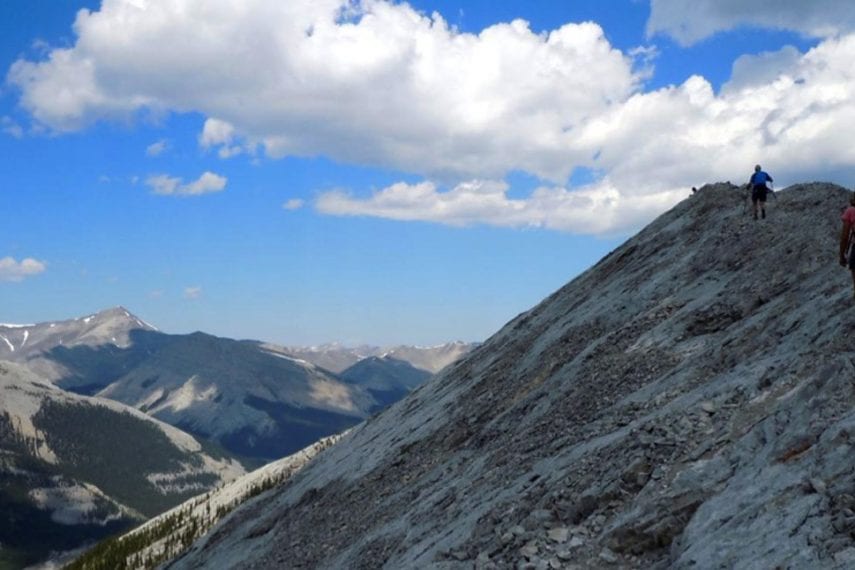Worth the Effort: Addiction Support Groups and the Path to Long-Term Recovery

How does Bill do it? He hasn’t used in 20 years. You’ve been clean for almost a year with no relapses, but it’s been hard lately: you’re hanging out with using friends, you’re letting your recovery routine slide, you’re dodging your therapist, and you’re having cravings to use. You haven’t talked with your sponsor about where you’re at with your recovery, you’ve missed a few meetings, and you haven’t shared anything at the meetings you have attended. This hasn’t gone unnoticed by your sponsor and other Narcotics Anonymous (NA) members. They’ve asked how you’ve been doing, but you’re ashamed to admit it, so you tell them that work’s been busy, and you’ve been more tired than usual. You’re having doubts about the program and your addiction recovery. How does Bill do it?
Find yourself a support group
Thinking back to your time at Alta Mira, you remember how safe you felt. The program provided you with much-needed structure and tools to deal with your addiction and the ensuing consequences. The exercise, therapy, and bonding with other patients showed you that living a clean life was possible, but you knew you would still need support once you left treatment.
While there, you had daily access to 12-step peer support groups, and you chose NA, attending meetings as a part of your residential program. Attendance was mandatory, so you couldn’t skip. You found the meetings helpful and, after finding an NA group in your hometown, continued to go after you completed your residential treatment. That’s when you met Bill.
One of the first things you noticed about Bill was that he was involved in all aspects of NA. In a recent study on long-term recovery of substance users, people who managed to remain clean for an extended period of time were heavily involved with NA. Like Bill, they attended meetings two and three times a week and had several service commitments. The takeaway message? Get involved. Find a program. Any program. You’ve successfully completed treatment, and now the potential for a clean life lies in front of you. You have to want it.
Hope is Just a Phone Call Away
866-922-1350Continue to put forth the effort
According to a participant in the above study, “it’s not only wanting it” that’s important for a successful recovery. You need to be “willing to make the effort to get it…you’ve got to be responsible in here. […] And with that responsibility, you learn the value of what you have in your life.” Responsibility and perseverance helped participants take action towards their early recovery and sustain it over the long term.
Other key ingredients of recovery from the study were willingness and hope. As Bill has told you on several occasions, you have to be willing to open yourself up to the group, take advice, and learn from their experiences. These experiences will help you build hope and confidence in your own recovery, as expressed by another participant from the study:
“People within the group are verbalizing their experience, strength and hope […] They are talking about what they are going through, not just their problems but their solutions. And that gives you the hope, and that hopefully will trigger the willingness for you to model after them.”
Surround yourself with an encouraging community
Your fellow support group members are there to help you. They want to see you succeed. According to the above study, group members who have been clean for a long period of time have sponsored, on average, six individuals. They also have a sponsor and a home group, and have been through the 12-steps an average of five times. Therefore, the more senior members in your group have a lot of experience and they can provide you with great advice.
Bill always emphasizes to everyone that they are part of a community, a fellowship, of recovering users who unconditionally accept each other, warts and all. One participant from the study considered acceptance and understanding key to her success in recovery, because the support group was the only place she had ever felt at home. Fellowship was further built upon by providing members with opportunities to participate in fun activities like dances or camping. These activities taught NA members that there were fun alternatives to “getting high on a Friday or Saturday night or a holiday.”
So, how does Bill do it? He took his recovery seriously after he left his treatment program. His recovery wasn’t perfect, he had some relapses along the way, but he persevered, built upon the experiences of others, and discovered the strength and joy of the unconditional acceptance of his support group. Bill has been clean for 20 years and he’s willing to help you. All you have to do is ask.






